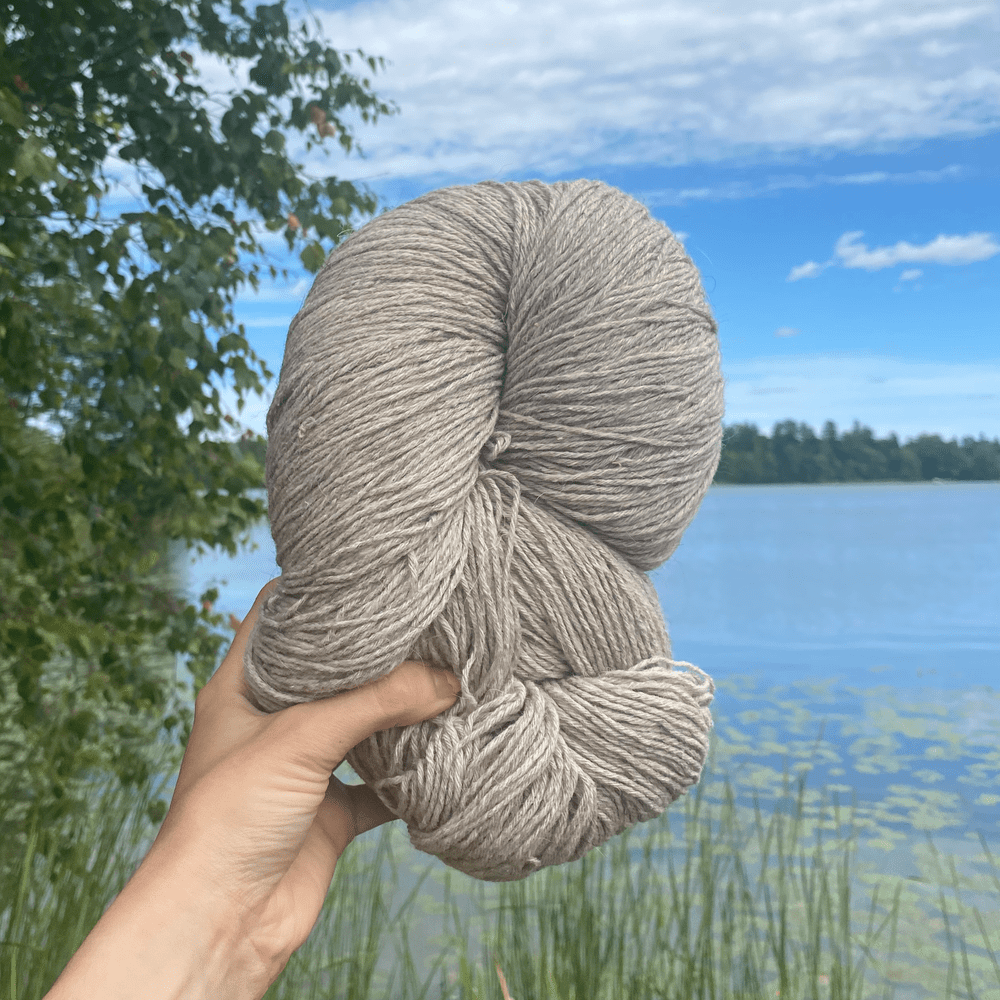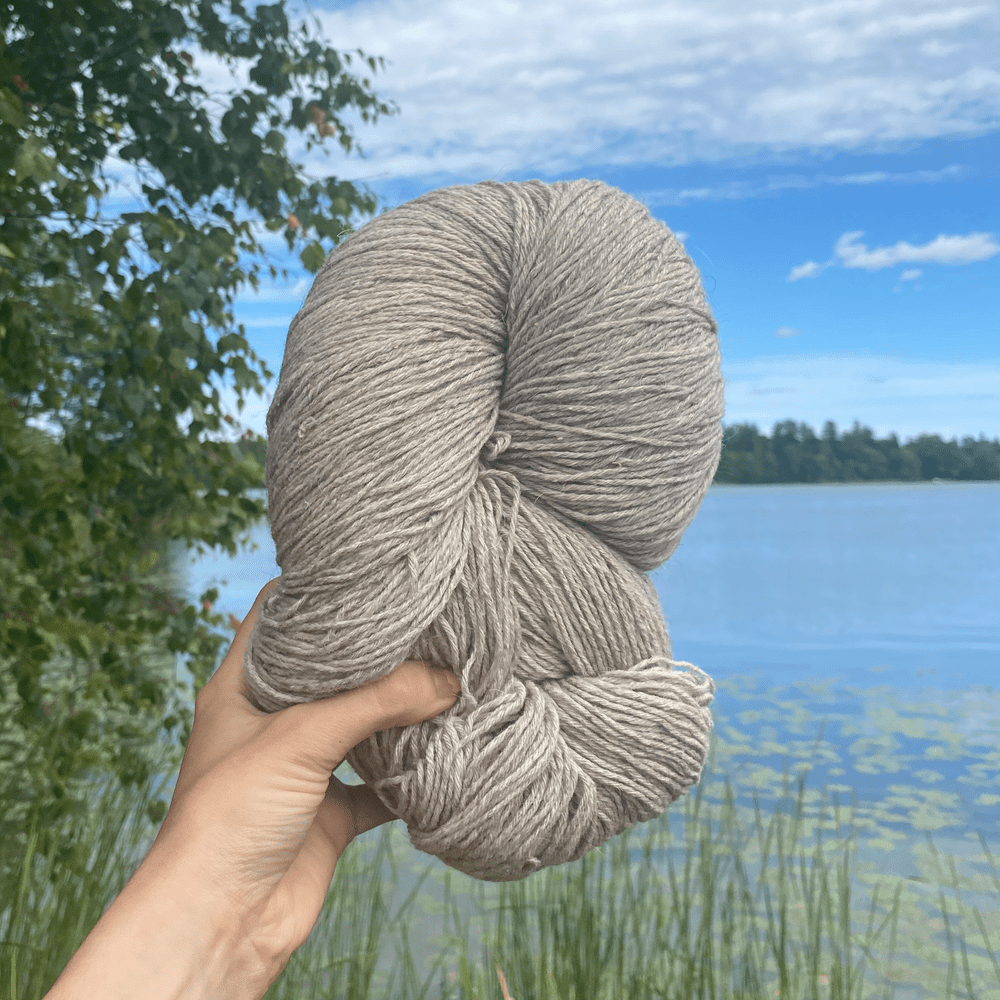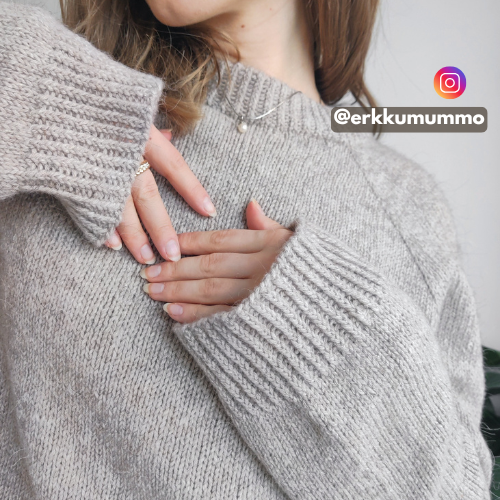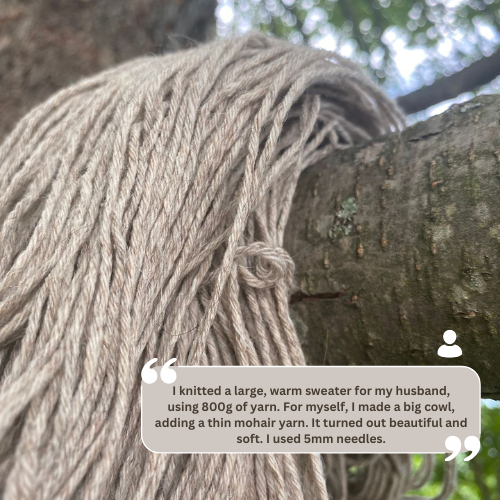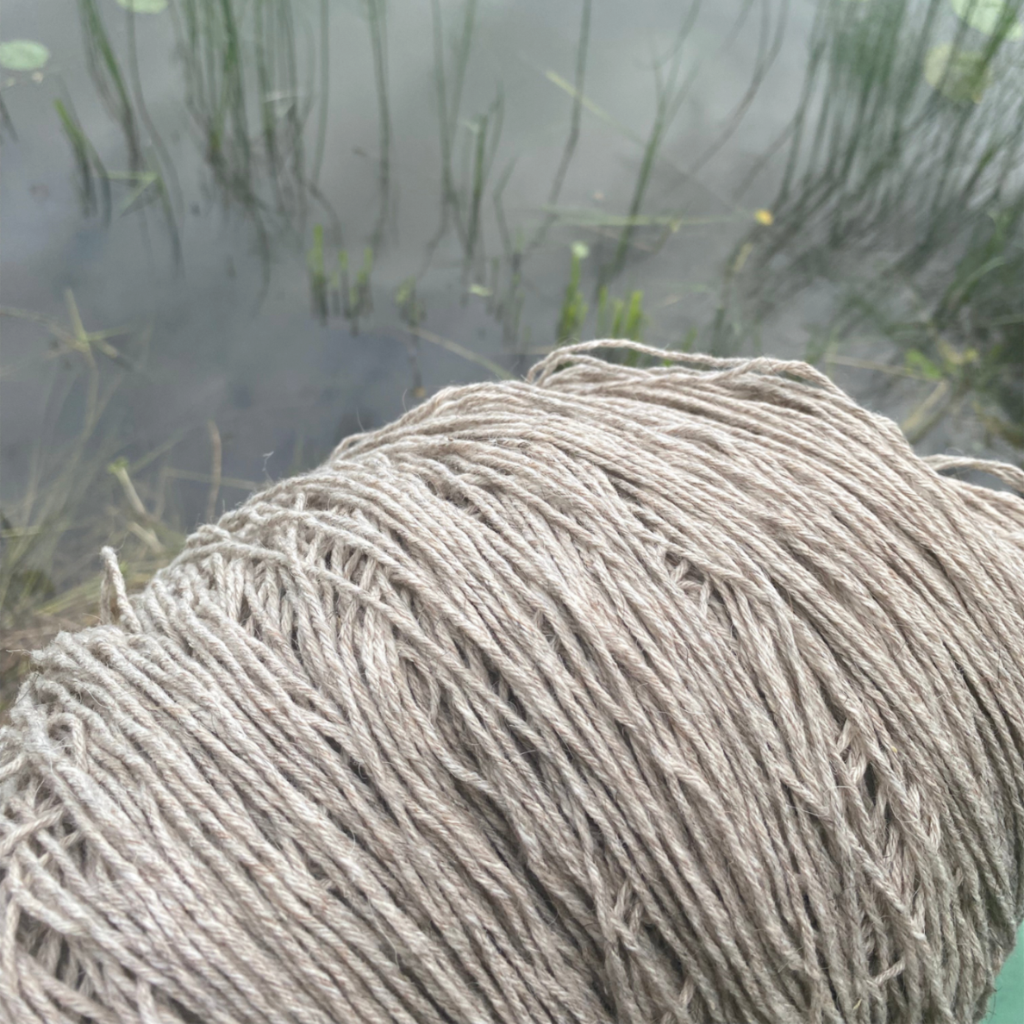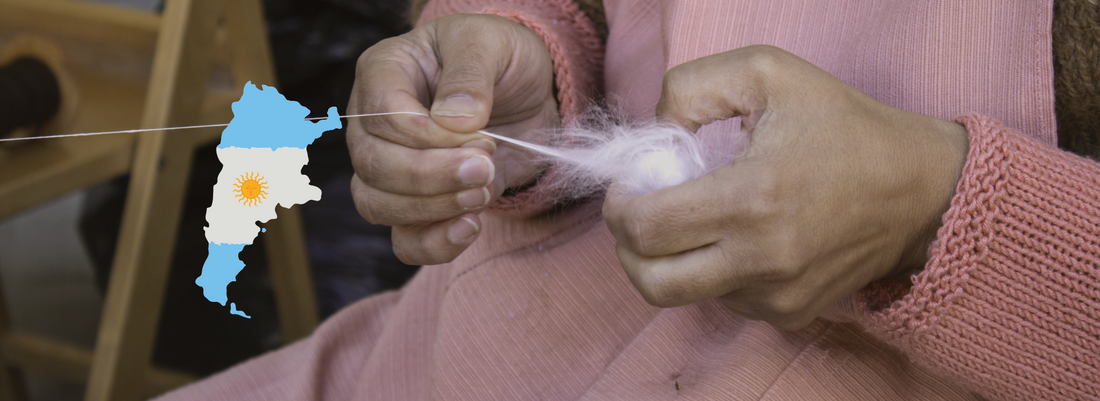
The Impact of Handspun Yarn in Argentina's Rural Communities
Handspun yarn is more than just a product—it carries with it the legacy, skill, and livelihood of the artisans who create it. In rural communities across Argentina, this traditional craft continues to play a vital role in the social and economic fabric, especially for women. Let’s explore how handspun yarn production impacts these communities and why it holds a special place in both local and global markets.
1. Economic Sustenance for Rural Families
For many families in Argentina’s rural areas, handspun yarn is a crucial source of income. Artisans often sell their yarn at local markets or collaborate with businesses that appreciate the unique qualities of handmade products. Both national and international buyers seek out these authentic, artisan-made yarns, recognizing their superior quality and the craftsmanship behind them.
Many artisans are also part of textile cooperatives, where they join forces to collectively sell their work. These cooperatives provide economic stability, allowing artisans to earn a fair wage while also helping their communities thrive. The income generated from handspun yarn helps to sustain these rural families, creating a stable economy in areas where industrial jobs may be scarce.
2. Autonomy and Empowerment for Women
In rural Argentina, handspinning is primarily carried out by women. This craft gives them a powerful sense of autonomy and empowerment. Not only do they keep traditional techniques alive, but they also gain financial independence by producing and selling their yarn. The ability to work from home or within their communities enables them to earn an income while still taking care of their families.
This empowerment through craft provides these women with more than just economic benefits—it allows them to continue their cultural heritage and share it with future generations, all while achieving personal and financial growth.
3. Exceptional Craftsmanship and Quality
The quality of handspun yarn cannot be matched by mass-produced alternatives. Each skein reflects the artisan's skill, experience, and attention to detail. Variations in texture, thickness, and color are part of what makes handspun yarn so special. These subtle differences result in unique, one-of-a-kind yarns that are impossible to replicate in industrial settings.
When knitters and crocheters choose handspun yarn, they are selecting more than just a fiber; they are investing in a piece of art with its own story. Every handmade item created from these yarns carries the marks of the artisan's craftsmanship, making it a product of true beauty and value.
4. Sustainability and Ethical Production
Handspun yarn offers a more ethical and sustainable alternative to mass-produced textiles. Since artisans often source their fiber locally, the environmental impact of production is greatly reduced. Furthermore, the small-scale, low-energy processes used in handspinning are far gentler on the planet compared to industrial yarn manufacturing.
By choosing handspun yarn, consumers are supporting a more responsible, eco-friendly approach to textile production. They are also contributing to a fairer system where artisans are compensated for their labor and skills. This conscious consumption promotes a deeper appreciation for the origins of the products we use.
5. Preserving Traditional Techniques
Handspinning is not just a way of earning a living; it’s a practice rooted in centuries-old tradition. Many of the techniques used by rural Argentine artisans have been passed down through generations, some dating back to pre-Columbian times. These artisans use traditional tools, such as spindles and manual spinning wheels, to create their yarns.
By continuing to spin by hand, they are preserving a rich cultural heritage. This knowledge of working with fibers, understanding the unique properties of different wools, and maintaining the artistry of handspinning ensures that these traditions remain alive and relevant in modern times.
Conclusion
Handspun yarn from Argentina's rural communities is much more than a product—it’s a symbol of empowerment, cultural preservation, and sustainability. When you purchase handspun yarn, you are not only choosing a unique and high-quality material for your projects, but you are also supporting the artisans and their families who rely on this craft for their livelihoods.
Looking for handspun yarns?
Visit our store to see our range of handspun yarns here.







